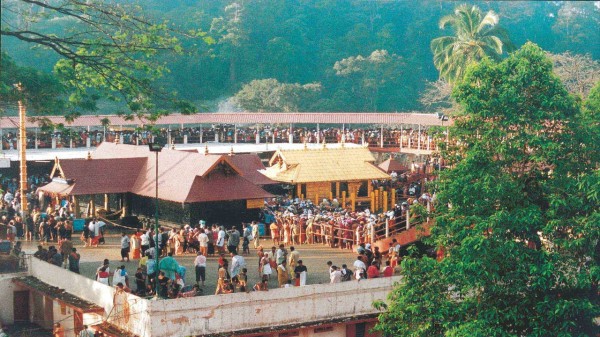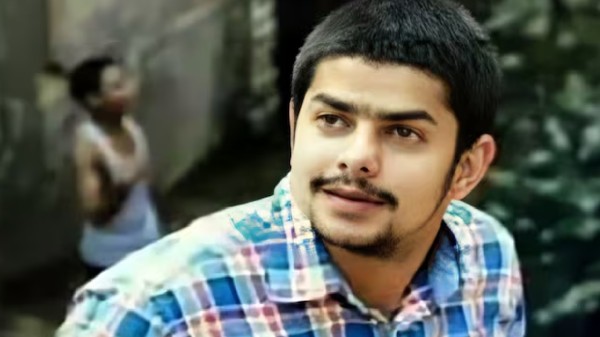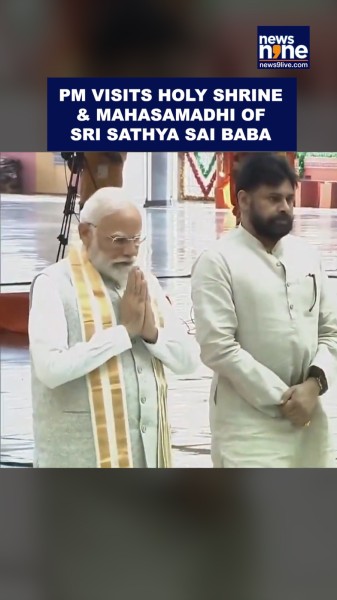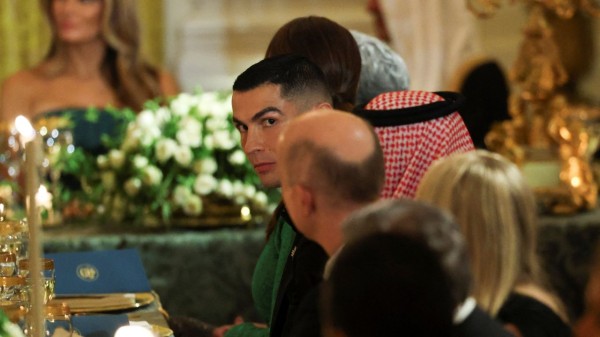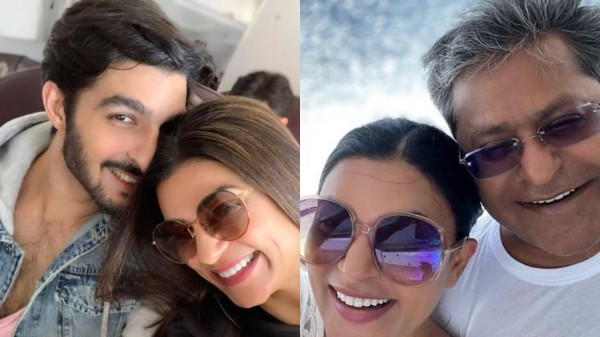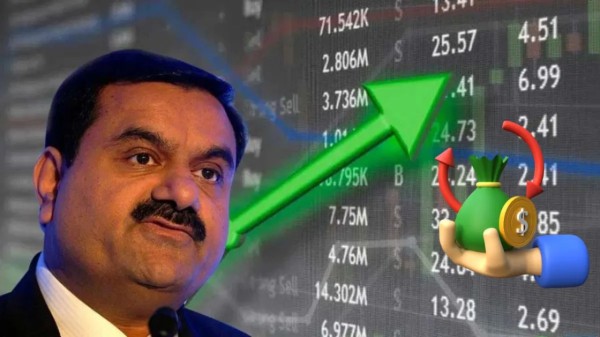

By signing in or creating an account, you agree with Associated Broadcasting Company's Terms & Conditions and Privacy Policy.


By signing in or creating an account, you agree with Associated Broadcasting Company's Terms & Conditions and Privacy Policy.
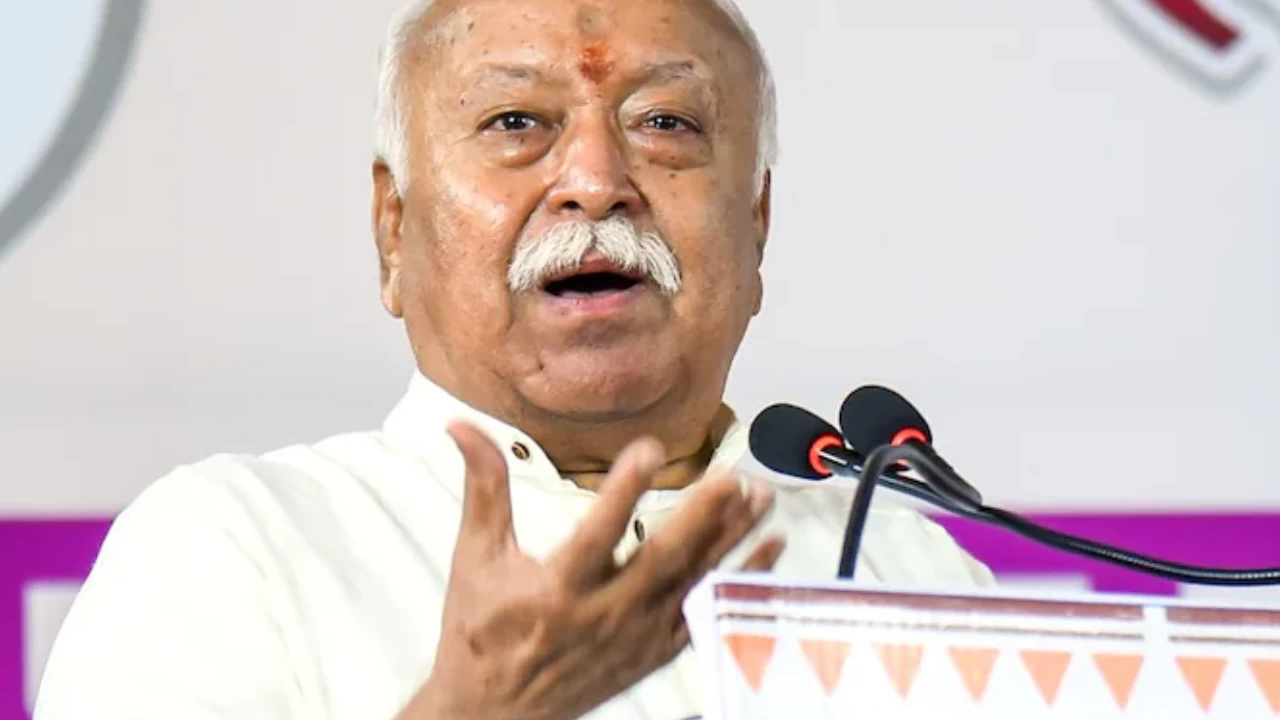
New Delhi: RSS Chief Mohan Bhagwat said that any individual who takes pride in Bharat and loves the nation is a Hindu, irrespective of personal modes of worship. He made these statements while addressing a gathering of intellectuals, scholars, editors, writers, and entrepreneurs during his visit to Assam, as part of the RSS's centenary celebrations.
Bhagwat in his speech pointed out that Hindu is not merely a religious term but a civilisational identity rooted in thousands of years of cultural continuity. "Bharat and Hindu are synonymous," he said, adding that India does not need an official declaration to be a Hindu Rashtra. Its civilizational ethos already reflects it.
Bhagwat claimed that the organisation was not created to oppose or harm anyone rather to focus on Vyakti Nirman (individual character-building) and contribute to making Bharat a Vishwaguru. He urged people to understand the Sangh by visiting a branch, and not just rely on preconceived notions. "The methodology to unite Bharat amidst diversity is called the RSS," he remarked.
He then elaborated the five key social transformations - Panch Parivartan: social harmony, Kutumb Prabodhan (family awakening), civic discipline, self-reliance, and environmental protection. Among these, he placed special emphasis on strengthening the family institution, urging every family to retain stories of their ancestors and instill responsibility and cultural pride in the younger generation. Icons such as Lachit Borphukan and Srimanta Shankardeva, he added, should inspire all Indians, despite the fact that they having been born in a particular province, but they are our national icons. Bhagwat then shifted his focus to the Sangh's civilizational vision, contemporary national concerns, and the ongoing programs across the Northeast.
Addressing concerns about demographic changes and cultural protection in Assam, Bhagwat called for confidence, vigilance, and firm attachment to one's land and identity. He mentioned issues such as illegal infiltration, the need for a balanced population policy including a three-child norm for Hindus, and the importance of resisting divisive religious conversions. He also advised responsible use of social media, especially among youth.
Bhagwat also emphasised the important role of RSS Swayamsevaks in the freedom struggle, recalling Dr KB Hedgewar's imprisonment in the Non-Cooperation Movement, Civil Disobedience Movement, and the contributions of countless Swayamsevaks across the country during Quit India Movement in 1942.
Labelling the Northeast a shining example of Bharat's unity in diversity, where our diversity is the reflection of inherent unity within, he affirmed that figures like Lachit Borphukan and Srimanta Shankardeva hold national relevance, not just regional importance.
The session concluded with Bhagwat urging all sections of society, especially the distinguished citizens present, to work collectively and selflessly for nation-building as Bharat enters the next century of the Sangh's journey.

